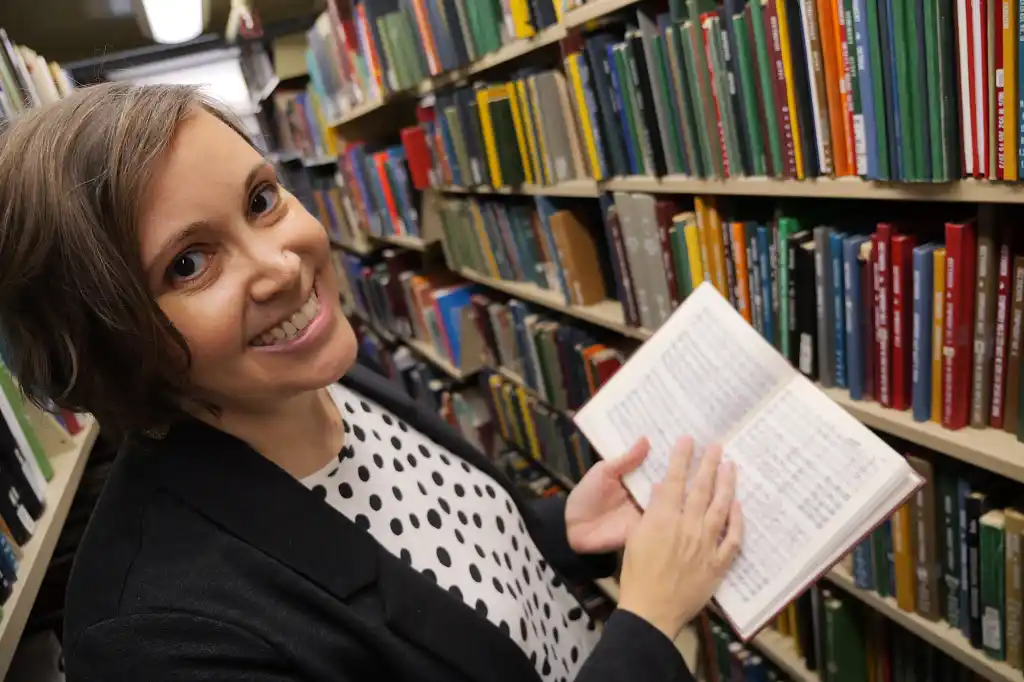The fall equinox has passed, thank the gods! Yes, that means it’s the time of lengthening shadows, overcast skies, rain, jackets with elbow patches, fingerless gloves, vampires, and fancy old college campuses navigated mostly at night. My friends: it is dark academia time.
I have three series to highlight here for your reading pleasure. All include the basic elements of magic, creatures, the hero’s journey, and very smart people. The backdrop is Ivy League-ish. Not the halcyon days of Take Ivy or late 90s J. Crew (too much sunshine). More like Hoa Hoa Hoa or any period drama released in recent years. Those dark filters, those endless nights!
Let us read.
🏛️ The Galaxy Stern Series by Leigh Bardugo
A series not yet completed, this one is dark and it keeps getting darker. Galaxy “Alex” Stern is headed nowhere fast in the drug dens of Los Angeles when she is mysteriously offered a spot at Yale University — the Yale — and gets a chance to leave her past behind.
But it’s not just any chance. Running parallel to the Yale social societies like Skull and Bones are eight secret societies, or houses, organized around the practice of occult magic. Their magic is not beautiful. It is dark and mucky and gross and very dangerous… so much so that a “ninth house” of Yale exists to monitor their rituals. Alex possesses the rare ability to see ghosts, or “Grays” — an asset to her new role on campus, as Grays are attracted to these rituals and can throw wrenches into otherwise straightforward necromancy and such.
Bardugo writes in real-time narrative, which I love, because Alex is busy. Like so many dramas set at school, there is Alex’s “real” campus life (fancy dorm with coeds, art classes, catered meals with professors); her secret society life (non-stop drama, regularly trying not to get murdered); and her extracurricular supernatural investigations (hanging out with grouchy cops). Because why not? A woman was murdered, somehow magic was involved, and no one wants to talk about it. Guess who is solving crimes at night?
Yale’s campus of stone and wood, vaulted ceilings, and cryptic moldings and inscriptions are the perfect backdrop for Alex’s capers. The ninth house, which is called Lethe, has great locations of its own. Alex crunches dead leaves beneath her feet as she trawls the campus, stealing from one Victorian mansion to another, visiting secret hideaways, and referencing a magical library of occult tomes. There is also a Lethe manager who keeps everyone fed with mouthwatering gourmet meals.
If only mysterious forces weren’t constantly trying to kill our heroine or sucking main characters into Hell — the Hell — I’d really want to live here. In the meantime, I’m happy to visit.
🔮 The All Souls Trilogy by Deborah Harkness
Diana Bishop is an overachieving academic on a visiting professorship at Oxford. Born to a family of witches, Diana eschews her magical heritage, pursuing a career in history with a focus on alchemical texts. We find Diana in Oxford’s Bodleian Library, one of the oldest libraries in Europe. She is conducting research on a collection of manuscripts… and manages to inadvertently recall a book that has been lost for centuries.
Ashmole 782 is a mysterious and compelling work, the touchstone to the series. It is an alchemical manuscript but also a palimpsest — hiding an additional text that seemingly every magical being in the region wants to get their hands on. This reveals a glut of witches, vampires, and daemons in our world, artificially segregated from one another by a vampire-led government called the Congregation. And since Diana turned away from her magical heritage, she doesn’t know how profoundly she is breaking the rules when she falls for centuries-old vampire Matthew Clairmont.
They hang out in the best places. Matthew is not only rich and dwells in posh lodgings in Great Britain; he is also of French heritage and his family home is a castle (with turrets) in France. When Diana is briefly abducted by a flying witch, she is deposited — where else? — in an oubliette. So dark and moody! The congregation gathers in a secret hideout in Venice, because convenience, where we can enjoy the smell of decay. Back in the US, Diana’s lesbian aunts hold down the fort in a house that expands and contracts with its number of inhabitants. Why can’t my place do that?
The thing to know going in is that Harkness herself is an unadulterated nerd. She’s an Elizabethan scholar, which serves her well in the second book, in which our main characters travel back in time — to where? Elizabethan London, of course. I love that I can trust her representation, and I’m here for it when Diana takes a very long amount of literary time to get dressed for a meeting with Eliza herself.
I am less convinced that Harkness’ academic interest in wine needed to make it into the series; ditto yoga classes. But she is forgiven because of her depiction of magic, which is fascinating. How does one describe the casting of spells? With literal threads! Diana learns that she is a “weaver” — a creator of spells — and she studies with a witch who instructs her to practice with yarn. Absorption into the body is another theme, with Diana taking in and giving out magic and magical objects like a witchy ecosystem. May we all be like this protagonist and awaken to the power of our own being.
🧙 The Magicians Trilogy by Lev Grossman
Fans of The Chronicles of Narnia, here is your grown-up retelling. Quentin Coldwater is a regular teenage fan guy, obsessed with a fantasy series about a magical land called Fillory. Instead of his Princeton interview, he is transported to a school for magic (!!), where he takes an entrance exam and is accepted (!!!), at which point the adventure really begins.
Brakebills College for Magical Pedagogy is Hogwarts on drugs, alcohol, and college-age hormones. Please let it be real. Well, maybe not the part in which a monster gets in, freezes everyone in the classroom, and then eats a student alive. Not that part. It also turns out that Fillory, the land of dreams, in which talking animals roam a magical kingdom and humans are crowned rulers by birthright — and which Quentin previously believed to be fictional — is real. Getting there and not getting kicked out by the twin ram gods who created the kingdom is the persistent challenge.
Magic is the currency here. Some people come to it easily, and others — like Julia, Quinton’s friend who failed her entrance exam — have to traverse the dark alleyways of the magic world in order to get their hands on it. We meet some fascinating individuals in the process. Everyone is restless no matter where they are, and maybe that’s just the state of being for 20-year-olds. Learning magic is hard! Achieving your heart’s desire is hard!
When Quentin and his friends finally make it to Fillory and become kings and queens, it’s not enough. Why not just luxuriate in your spired castle with endless fancy cocktails? No, better (definitely more interesting) to make it hard on yourself. Quentin and company embark on a quest that takes them to the literal edge of the world and into some of the most magical writing you could ever hope for. If only our cast could enjoy it for a hot minute…
Creation and destruction, safety and cruelty, darkness and light, and the gray spaces of damaged souls populate this series. Magic is practiced with the hands (no wands) using incantations, and it can do everything from bringing inanimate objects to life to transforming you into a bird to grabbing the attention of a god.
Besides Brakebills, the wood-paneled, stone edifice wunderschule, there’s also the Neitherlands: an in-between place that is one giant library complex. The librarians are tyrants, but that’s to be expected, right? Also, Venice makes an appearance. Because dragons, of course. It all makes for an unforgettable dark academia experience — though be forewarned, they’re called dark for a reason.
About the author

Stephanie Bonjack is an academic librarian and musician who lives and works on the Colorado Front Range. She teaches the relentless pursuit of information, and illuminates the path to discovery. She has presented at national and international library conferences, and is especially interested in how libraries evolve to serve the needs of 21st century patrons.








